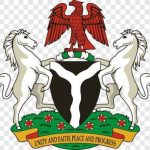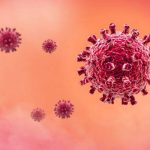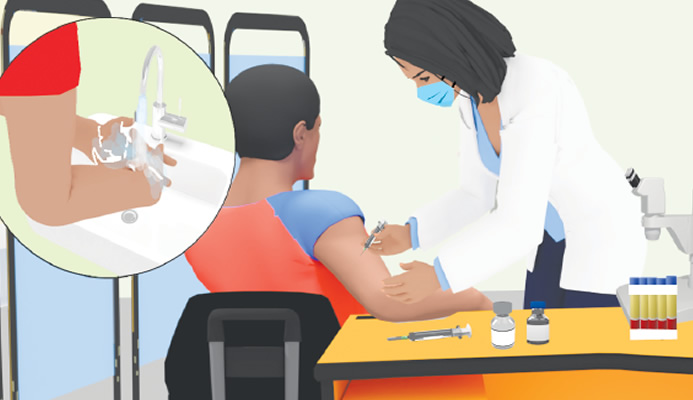By Blessing Afolabi
Infectious diseases are widespread and have almost become inevitable since they are caused by bacteria or viruses. The most dangerous thing about infectious diseases is the spread from one person (or object) to another. Diseases can make one uneasy and have the ability to disrupt one’s health and daily activities. Recently, certain infectious diseases have been on the rise. There have been reported cases of diphtheria, Lassa fever, cholera, and others with attendant deaths.
According to the Nigeria Centre for Disease Control and Prevention, the number of confirmed cases of diphtheria disease recorded in Kano, Lagos, Yobe, and Osun states as of January 24 rose to 123 in the country with 38 deaths. Also, NCDC confirmed 105 Lassa fever cases and seven deaths this year. But with proper hygiene and precautionary measures, one can protect oneself from these diseases.
A public health/community medicine expert, Prof. Adesegun Fatusi, said that infectious diseases could be transmitted from one person to another, hence the need to adhere to measures to curb the spread or prevent contracting them. Though infectious diseases vary in mode of transmission, he added that preventive steps were still the best ways to combat them.
On her part, an infectious disease expert and professor of public health parasitology, at the Imo State University, Owerri, Chinyere Ukaga, noted that infectious diseases were widespread, adding that they could still be prevented with simple proper hygiene.
Below are some of the ways to protect oneself from the diseases.
Maintain proper hygiene
“Most diseases could be prevented by personal hygiene. If you maintain a clean environment, wash your hands properly as often as possible, bath regularly, drink clean water, handle and prepare food safely, clean frequently used surfaces and objects properly, etc., you will be safe from a lot. Little acts such as these will prevent a lot of diseases,” Ukaga said.
On his part, Fatusi stated that personal and proper hygiene such as washing hands, disposing of faeces/wastes properly, would help to protect one from diseases that could come from contaminated food and water. The public health expert added that covering one’s mouth while coughing was a good measure to curb the spread of diseases.
Boosting immunity
Generally, boosting immunity helps to prevent contracting certain diseases. Boosting immunity could be achieved by vaccination and consuming healthy foods rich in antioxidants. The public health expert noted that for infections that have available vaccines such as diphtheria (which is fast spreading), immunisation was the best way to prevent it. Getting immunised he said would boost the immune system to guard the body against infections.
Avoid overcrowded areas
Fatusi noted that crowded areas were a breeding ground for contracting infectious diseases since diseases could be transferred from person to person. He advised individuals to avoid crowded places as much as possible and keep a distance while adhering to other necessary precautions.
Use facemask
The infectious disease expert stated that the habit of using facemasks shouldn’t be limited to COVID-19 alone, adding that it was a major and proper way to prevent several other diseases. She added, “As you wash your hands and sanitise them, use a facemask as well. Let’s go back to the COVID-19 days; wearing facemasks has a lot of preventive impacts.” Fatusi also reiterated that using a facemask was as important as other precautionary measures stated especially for airborne infections.
Avoid infected people, objects
Infectious diseases can be transmitted from person to person, from object to person, and vice versa. Therefore, avoiding contact with known infected individuals or objects is another way of preventing diseases. “Avoiding contact with people who are infected is important. Aside from avoiding contact with those infected, you should also avoid contact with infected objects or going to public places when you are sick,” Fatusi added.
Identify the disease
The kind of infection in question and the mechanism of transmission of the disease will help one know the method of prevention. The public health expert said, “For instance, cholera is from contaminated food and water so one has to ensure to take clean water and eat properly cooked food. If it is airborne like tuberculosis and some other infectious diseases, then the approach will be different. What to do in that case is to avoid being in a crowded or public place or use a facemask in public places.”
Increase awareness, protect yourself
Ukaga said, “If people are aware that they can get Lassa fever from food or water contaminated by rat faeces or urine, they will be more conscious of how they keep their food and water. They won’t drink garri or eat any food that has been exposed or kept carelessly. There should be a way to create more awareness.” Fatusi added that prevention and protective behaviour were vital, especially for sexually transmitted diseases, noting that practising safe sex would prevent infections such as HIV.
Source: The Punch








